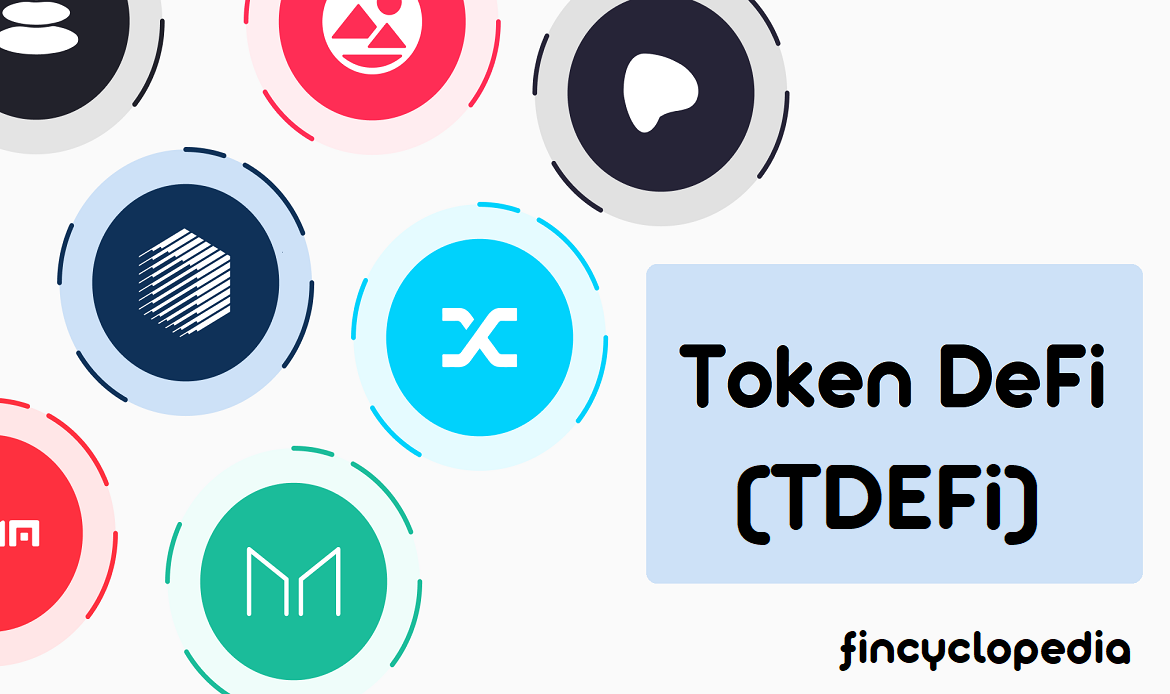An autocall (also known as, classic autocall or Athena) is a structured product that is linked to an underlying asset with the ability to automatically mature or kick out prior to its maturity date if certain prespecified market conditions (triggers) have arisen and affected the underlying asset’s performance. An example of an autocall is an equity-linked autocallable note or bond, where the holder will automatically get an early redemption when the underlying equity (stock) trades through a specific strike level (autocall barrier) at a predetermined recalling date (observation date/ dates) or at maturity if such an event does not occur.
A phoenix or phoenix autocall is a structured product in which the autocall mechanism is subject to two barriers: one relating to the autocall, itself, and the other to one of the coupons in the structure. The holder may receive a coupon, without an autocall event occurring, at each observation date. For a phoenix autocall, coupons can accumulate for payment at first coupon barrier trigger if the structure is associated with a memory effect. The coupon will accumulate as a classic autocall (Athena, or Athena autocall) for payment once an autocall event takes place.
For classic autocall or Athena, the coupons are actually accumulated and paid on an autocall event, either pre-maturity or at maturity (though if it occurs at maturity, it is not referred to as an autocall). Therefore, this structure involves only one barrier level (letting aside the down-and-in put), while the autocall barrier and coupon barrier are set equal and remain as such.
For phoenix, there are two barriers (letting aside the down-and-in put): the autocall barrier and the coupon barrier. For example, a holder may receive a coupon without autocall at each observation date. However, for phoenix, coupons (with memory) can be also accumulated and paid at first coupon barrier trigger. In such as case, coupons will be accumulated as Athena but payment will not be subject to an autocall condition.







